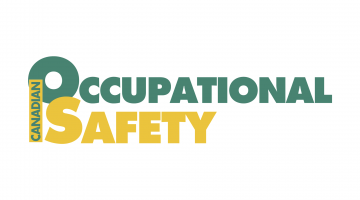Mental health in the workplace
Workplaces play a dual role in the area of mental health. On the one hand, they can be a stressful environment that contributes to mental health problems among workers. On the other hand, they can play an important part in helping to detect and manage mental health problems when they arise among workers, and in ensuring the healthy recovery and return of workers who are off work due to a mental health issue. IWH research in this area helps paint a clearer picture of the prevalence of mental health problems among workers, the types of labour force and workplace factors that may contribute to poor mental health, and the workplace-based and system prevention efforts that can help improve the mental health of workers and ensure they have the proper supports when needed.
Featured

What is the impact of depression on years of employment among working-age adults?

Police service members face challenges with accommodation, communication and trust when returning to work after an injury

Patients with arthritis, depression more likely to be unemployed

Greater focus on episodic disabilities needed: Study

Workplaces face many complex challenges when managing episodic disabilities: study

Too many injured workers not seeking mental health supports

Lack of PPE related to healthcare workers’ anxiety, depression: report

COVID-19: One more reason to take mental health seriously

Addressing mental health, substance abuse at work requires new approaches: Experts

Access to mental health treatment among workers with physical injuries
How does perceived fairness in the workers' compensation claims process affect mental health following a workplace injury?
